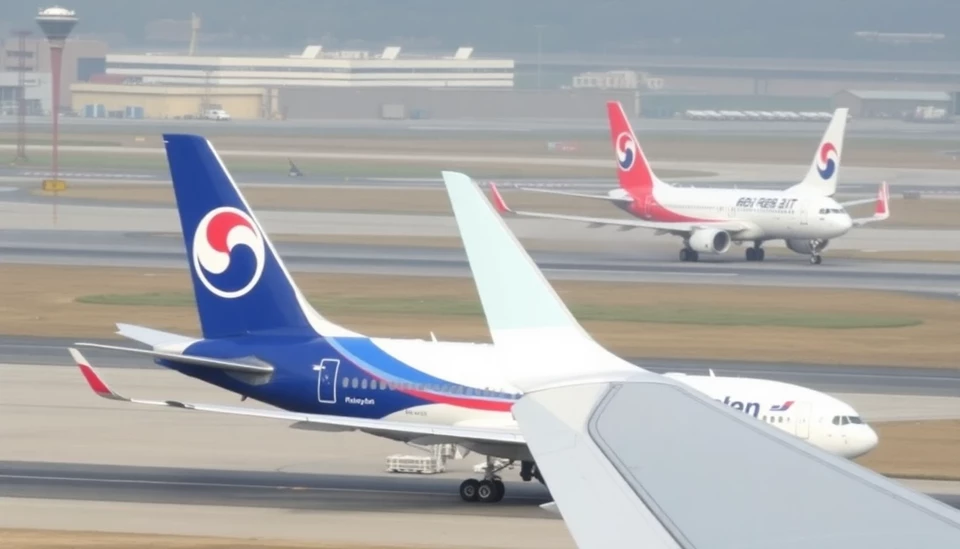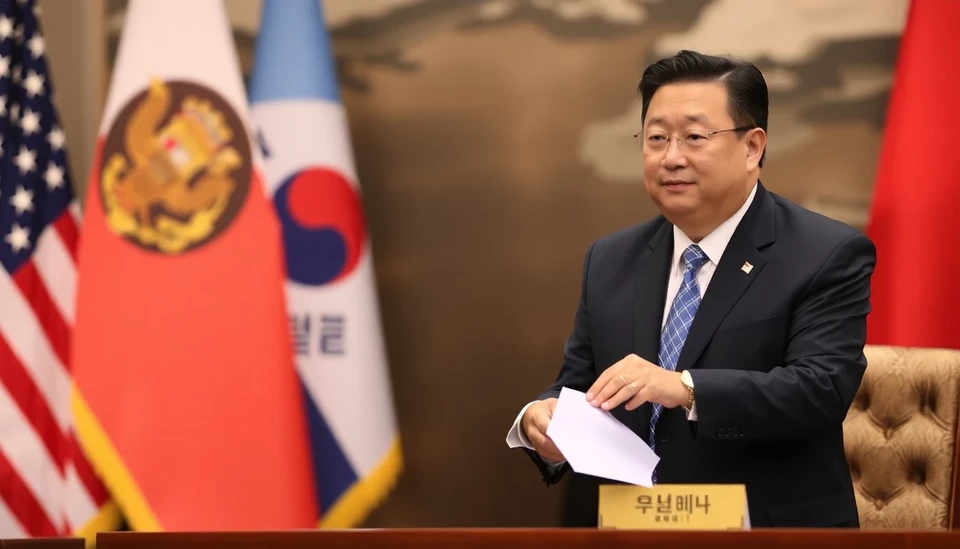
In a significant response to growing safety concerns, major budget airlines in South Korea have announced a strategic reduction in flight hours after a tragic crash involving an aircraft. This drastic measure aims to enhance operational safety and restore public confidence in the aviation sector.
The decision, communicated through a series of statements by the airline executives, comes on the heels of a recent incident where a domestic flight experienced a catastrophic malfunction resulting in a crash that has rattled the industry. As a precautionary step, airlines like Jeju Air and T'way Air have revealed plans to scale back their schedules, focusing particularly on the routes perceived to be more vulnerable.
In a press conference, a representative from Jeju Air stated, “Our commitment to passenger safety is our highest priority. The recent accident has compelled us to reassess our current operational protocols. We believe that by reducing flight hours, we can better manage our fleet’s condition and ensure the highest standards are maintained.”
The South Korean Ministry of Land, Infrastructure, and Transport has also voiced its support for these changes, emphasizing the importance of safety as the foundation of public trust in air travel. The ministry is expected to conduct a thorough investigation into the crash and may introduce further regulations targeting budget carriers in an effort to bolster safety protocols.
Industry analysts note that while this decision may temporarily impact revenue and passenger convenience, it is crucial for long-term stability and perception of safety. The budget airline sector, which has seen exponential growth in recent years due to rising demand for low-cost travel, is now confronted with the challenge of maintaining service while adhering to heightened safety measures.
Consumers have reacted mixedly. Many are relieved to see airlines taking proactive steps to ensure safety, while others are concerned about potential flight cancellations and increased costs associated with reduced competition. Nonetheless, travel industry experts believe that these changes might lead to a necessary re-evaluation of operational standards across the budget airline sector as a whole.
As the investigation unfolds, the affected airlines are likely to face increased scrutiny from both regulatory bodies and the public, necessitating transparent communication and proactive engagement to reassure anxious travelers. Airlines are currently working on revised schedules, which they plan to unveil shortly, alongside potential compensation options for passengers affected by last-minute changes.
This development serves as a crucial reminder of the importance of aviation safety in an industry increasingly reliant on price-sensitive consumers and a growing demand for travel options. The focus on safety standards may also catalyze a shift within the industry that prioritizes passenger welfare over the relentless pursuit of profit margins.
As the sector navigates through this turbulent period, all eyes will be on both the airlines and the regulatory bodies to see how they respond to the challenges ahead, striving to strike a balance between affordability and safety.
#SouthKorea #BudgetAirlines #AviationSafety #FlightHours #AirTravel #JejuAir #TwayAir #AviationIndustry
Author: John Harris




